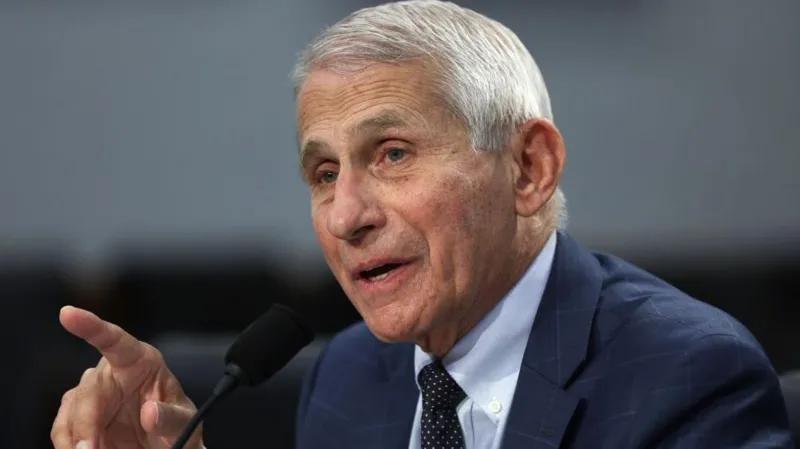Former President Donald Trump has officially revoked security protection for Dr. Anthony Fauci, the former director of the National Institute of Allergy and Infectious Diseases, who became a central figure in the U.S. government’s response to the Covid-19 pandemic. Dr. Fauci, who faced numerous death threats due to his leadership role during the pandemic, is now left to hire his own private security team, which he will personally fund. Trump defended his decision, stating that it is “very standard” for government officials to not have lifelong security details. “You can’t have a security detail for the rest of your life because you work for government,” Trump told reporters on Friday.
Trump’s move comes on the heels of similar actions taken against other former high-ranking officials. This week, he also revoked security protections for his former Secretary of State, Mike Pompeo; former National Security Adviser, John Bolton; and former envoy Brian Hook, all of whom had faced threats from Iran during their tenure.
Dr. Fauci’s previous security arrangements were managed by federal marshals and later by a private security company funded by the government. Following the revocation, Fauci will now have to pay for his own security. Trump dismissed any responsibility for the officials’ safety, stating, “They all made a lot of money. They can hire their own security too.”
The decision to revoke security for Fauci follows vocal criticism from some Republicans, particularly Kentucky Senator Rand Paul, who has been one of Fauci’s most outspoken critics. Senator Paul took to social media to announce that he had sent supporting information to end Fauci’s government-funded security detail. In his post, Paul wished Fauci “peace” but argued that Fauci should bear the cost of his own security, writing, “He needs to pay for his own limos.”
Additionally, Trump revoked the security clearances of 51 intelligence officials who had suggested that Hunter Biden’s laptop might be part of a Russian disinformation campaign. Under U.S. protocol, former presidents and their spouses are granted lifetime security protection. However, the protection for other former officials, such as Fauci, is based on threat assessments from the intelligence community.
Throughout the Covid-19 pandemic, Dr. Fauci became a polarizing figure, facing criticism from many Republicans over his support for mask mandates, social distancing, and other Covid restrictions. He led the National Institute of Allergy and Infectious Diseases for four decades and played a key role in the Trump administration’s Operation Warp Speed, which developed the Covid vaccines. Despite the intense criticism, Fauci received presidential commendations during Trump’s presidency for his service on the pandemic task force.
In a statement after leaving office, President Joe Biden issued a preemptive pardon for Fauci, which Fauci publicly expressed gratitude for, acknowledging that the uncertainty surrounding potential prosecution had caused “immeasurable and intolerable distress” to his family. Fauci has consistently denied any wrongdoing, stating, “I have committed no crime and there are no possible grounds for any allegation or threat of criminal investigation or prosecution of me.”
The revocation of Fauci’s security protection has sparked renewed debate over the balance between personal safety and public service, and it highlights the continued political division surrounding the pandemic and its key figures.



